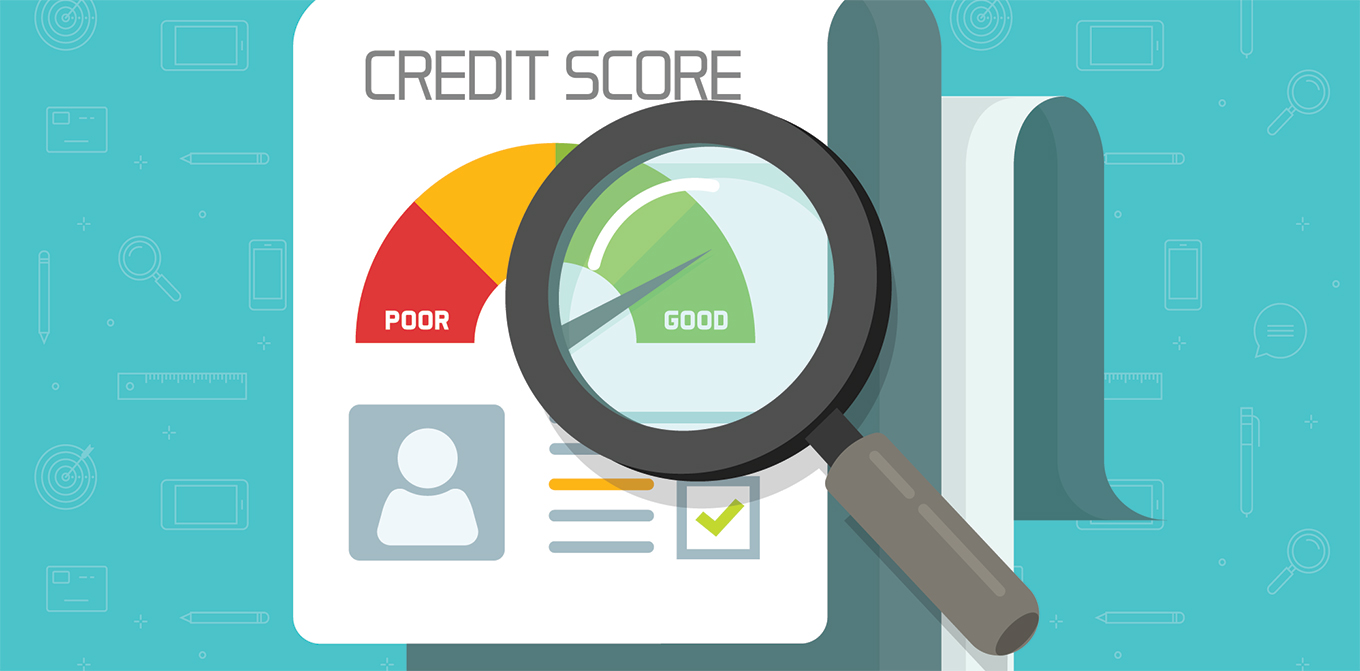Credit Basics - What it is and why it's necessary
Credit affects so many aspects of our everyday lives, but many people still don't fully understand what the term “credit" means or how it impacts them. If you have a credit card, mortgage, car loan, or if you've ever applied for a job or rented an apartment, you have been involved with the U.S. system of credit.
What does that mean for you? Here's a quick guide to what credit is and why it's necessary, so you understand how to use it for a better financial future.
What is "good" credit?
Basically, "credit" is a consumer's rated ability to repay debts. Your credit is the total picture of how the financial system rates and judges you for how likely you are to be able to pay your bills on time and pay off your debts. Having "good credit" as a consumer means that banks and lenders view you as a "good risk"—you're likely to be responsible in managing your money, and if they lend you money (in the form of a credit card credit limit, mortgage, or a car loan), they feel confident that you will be able to repay them on time.
Credit is measured and talked about in a few different ways.
As a consumer, you have a "credit score" that is determined by credit reporting bureaus (like Equifax, Experian, and Transunion) that collect information about your financial history and your record of paying bills on time. Your credit history is your financial track record of managing money responsibly.
It can be positively affected by:
- Paying your bills on time
- Paying off debts
- Having high balances on multiple cards
Your credit can be negatively affected by:
- Paying bills past their due date
- Opening too many credit cards
- Running up high balances
- One-time financial troubles such as foreclosure or bankruptcy
All of this is reported on your credit report.
Ultimately, credit is based on trust.
Generally, if you have good credit you're considered more likely to be a trustworthy borrower than if your credit is poor. You are allowed to check your credit for free – go to AnnualCreditReport.com1 and you can get a free credit report every 12 months from each of the three major credit reporting bureaus.
Why is credit important?
For you:
As a consumer, having good credit can help you save money on interest. For example, if you have good credit, you're likely to qualify for lower-interest loans and credit cards or more favorable repayment terms to refinance an existing loan. Your credit score can be the ticket to a less expensive and more comfortable financial life by lowering your cost of borrowing. Building and maintaining good credit gives you an added level of financial freedom.
Even if you're not currently in the market for a loan or credit card account, having credit is necessary for other important aspects of everyday life. It can affect your ability to rent an apartment and can impact the cost of your insurance premiums. Even employers frequently run credit checks on people who are applying for jobs. Other service providers such as utility companies and cell phone service providers sometimes charge higher fees to people who have lower credit scores.
The Banks:
For banks, financial institutions, and creditors, credit is necessary to help them determine which customers are a “good risk." By evaluating consumers for their demonstrated ability to repay a loan or manage a credit card responsibly (and by avoiding customers who are likely to default on a loan), banks can lower the costs of lending for everyone.
If you don't have good credit, if you haven't established any credit history, or if you are recovering from a bankruptcy or foreclosure, then it's crucial to rebuild and re-establish your credit. Working to build credit shows banks and lenders that you are taking responsibility for your financial life and that you can be trusted with lower-interest loans and more favorable credit card offers.




